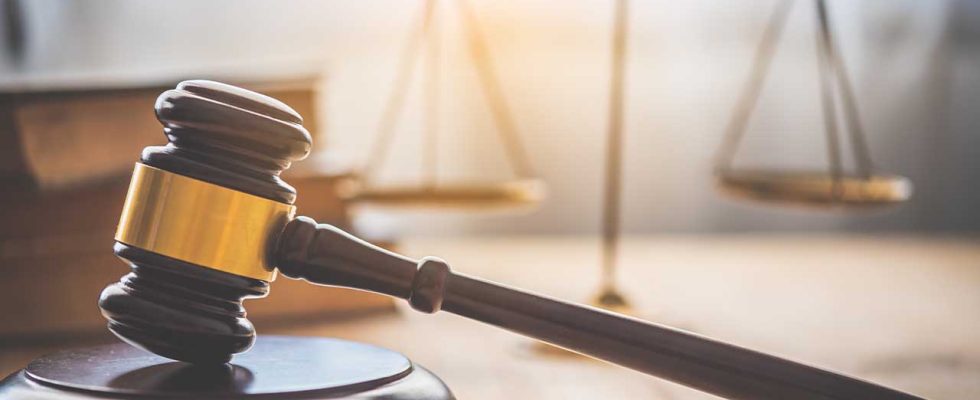The hearing, presided over by Judge Katherine Polk Failla of the U.S. District Court for the Southern District of New York, addressed the complexities of defining securities in the context of cryptocurrency transactions.
The SEC and Coinbase agreed that the tokens “themselves” are not a security. However, the SEC argued that the nature of each transaction on Coinbase’s platform could be viewed as an investment contract. According to the SEC, if even one transaction is considered an investment contract, it would mean Coinbase is violating securities law. In response, the exchange continues to argue that these transactions are secondary market transactions without any contractual obligations and therefore cannot qualify as securities.
SEC attorney Patrick Costello claims that each token purchase amounts to purchasing an ecosystem of tokens with the expectation of sharing their earnings. Costello suggested that the token’s value is intrinsically linked to its ecosystem.
On the other hand, William Savitt, an attorney representing Coinbase, argued that an investment contract, as defined by the Howey test, requires an enforceable contractual obligation between the token issuer and the buyer, which does not exist in these transactions.
Judge Failla carefully examines the arguments of both sides and shapes his decision accordingly. Its decision, expected in the coming weeks, will either bolster the SEC’s stance on treating crypto platforms as unregistered exchanges dealing in unregistered securities or challenge the regulator’s overreach.
The judge also neglected to address previous SEC crypto cases, including his loss against Ripple and his victory in the Terraform Labs case. He noted the difference in the Terraform case, which did not involve tokens listed on a secondary exchange, pointing to the complexity of applying these precedents to the current case.
The SEC filed a lawsuit against Coinbase in June, alleging that the exchange operated as an unregistered broker and clearing house and that certain tokens traded on the platform, including SOL, ADA, and MATIC, were unregistered securities.
All of the tokens in question are as follows: Solana (SOL), Cardano (ADA), Polygon (MATIC), Filecoin (FIL), The Sandbox (SAND), Axie Infinity (AXS), Chiliz (CHZ), Flow (FLOW) , Internet Computer (ICP), NEAR (NEAR), Voyager (VGX), Dash (DASH) and Nexo (NEXO).
